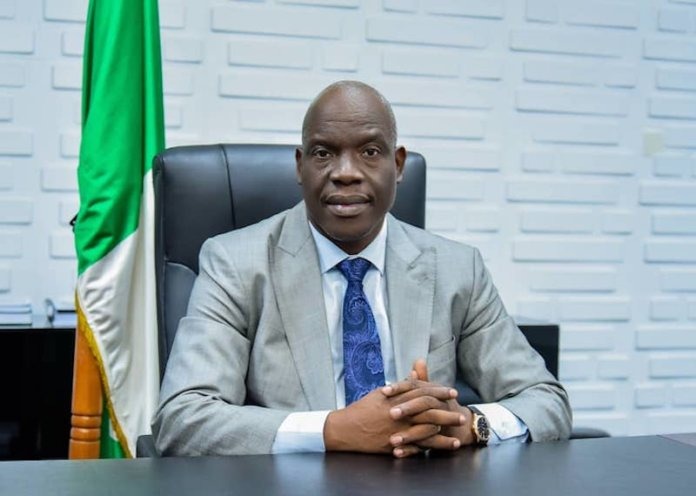The Federal Government of Nigeria, through the Nigerian Upstream Petroleum Regulatory Commission (NUPRC), has made a noteworthy decision by approving four out of five divestment requests submitted by international oil companies. This move is seen as a crucial step in fostering investment and enabling changes in operations within the Nigerian oil sector. NUPRC’s Chief Executive Officer, Gbenga Komolafe, announced the approvals during a recent event in Abuja to launch the Project One Million Barrels Per Day Production initiative. The NUPRC, which was established by the Petroleum Industry Act (PIA) of 2021, marked the occasion by celebrating its three years of regulatory reforms aimed at modernizing the upstream oil industry.
In his address, Komolafe emphasized the Commission’s efforts to utilize the PIA effectively to eliminate outdated regulatory practices, thereby facilitating exploration activities in the sector. Since its establishment, NUPRC has endeavored to address legacy challenges and create a more conducive environment for oil exploration and production, even in light of global trends leaning towards energy transition and reducing fossil fuel funding. The Commission has made considerable progress by reworking regulatory frameworks and cutting through bureaucratic red tape that has historically hindered operational efficiencies in the Nigerian oil industry.
The approved divestments include significant transactions such as Mobil Producing Nigeria Unlimited’s divestment to Seplat Energy Offshore Limited, Equinor Nigeria Energy Company Limited to Project Odinmin Investments Limited, TotalEnergies EP Nigeria Limited to Telema Energies Nigeria Limited, and the Nigerian Agip Oil Company Limited to Oando Petroleum and Natural Gas Company Limited. However, the request involving Shell Petroleum Development Company Limited’s assets to Renaissance Africa Energy Company Limited was unable to meet regulatory standards. This outcome reflects the conscientious approach undertaken by NUPRC in reviewing divestment applications in accordance with PIA provisions.
Komolafe expressed optimism about the approved transactions, stating they represent an 80 percent success rate in the regulatory assessment process. Overall, these divestments are notable as they involve considerable assets, estimated at 6.73 billion barrels of crude oil and condensate alongside 56.27 trillion cubic feet of gas. The CEO portrayed the current divestment exercises as a benchmark for future transactions within the sector and called on industry participants to collaborate with NUPRC to ensure the continued integrity of the industry.
To further bolster the oil and gas sector, the NUPRC has outlined initiatives designed to enhance reserves through various studies and development efforts. This includes an aim to increase Nigeria’s oil reserves, which currently stand at approximately 37.5 billion barrels of oil and 209.26 trillion cubic feet of gas. These upstream initiatives align with the government’s broader objectives to modernize the sector and maximize production efficiency while remaining responsive to contemporary challenges such as energy transition.
Addressing infrastructure concerns that impact oil evacuation, Mele Kyari, the Group Chief Executive Officer of the Nigerian National Petroleum Company Limited (NNPCL), highlighted ongoing efforts by the government to upgrade the country’s aging pipeline infrastructure. He noted that challenges such as vandalism and oil theft have hindered effective crude oil transportation. Kyari stressed that without replacing the over 50-year-old infrastructure, Nigeria would struggle to meet production targets, especially in onshore assets. Overall, this event marked a significant milestone for the regulatory body and the industry, setting the stage for positive transformations in Nigeria’s oil and gas landscape.


